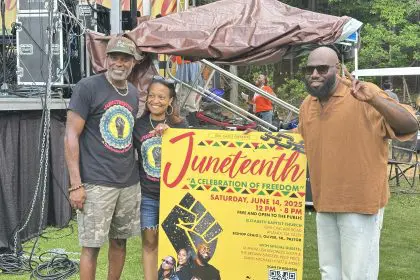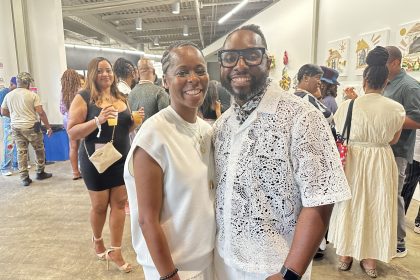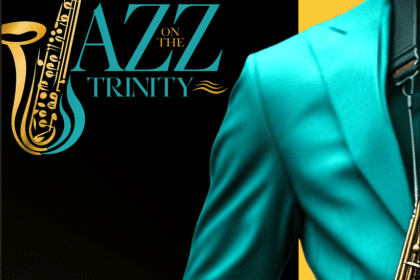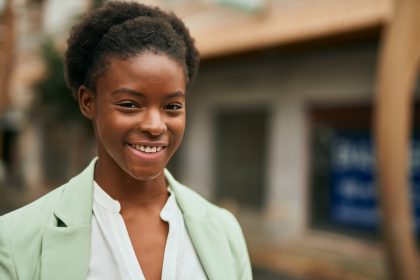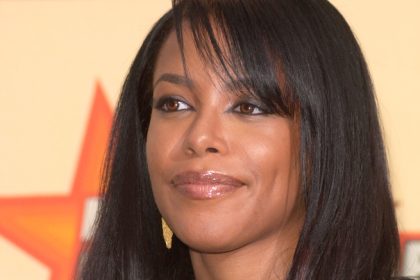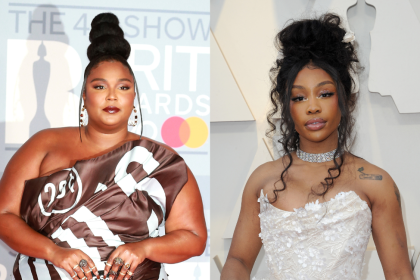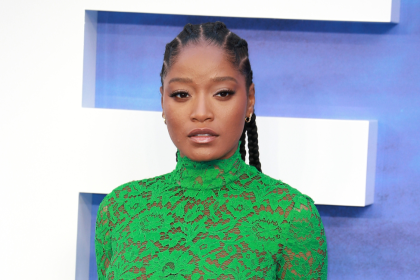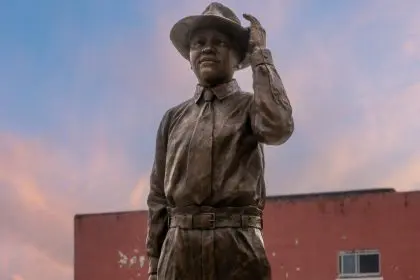
Nakeya Brown, a California-born photographer and Rutgers University graduate, made her way to the D.C. metro area to pursue her M.F.A. at George Washington University with her daughter, Mia. Brown has quite a few things to be proud of this early in her very promising career. Her work has been printed on T-shirts seen by thousands at Afropunk, published in international publications like Hysteria and Tonelit, as well as exhibited in museums and galleries all over the country. In November, Brown added speaking during Fotoweek D.C. to that list. Mia’s playful conversation echoed throughout the gallery as the perfect soundtrack for her mother’s talk on her projects and many influences. Motherhood led to a point in her photography that allowed her to create images that reflect what beauty looks like to her.
This remarkable young woman takes her vision of Black beauty and creates positive images, images that we’ve all seen growing up in Black households that play a part in the “Black girl magic” we breathe. Brown credits female writers like Alice Walker, Audre Lorde, and Toni Morrison for helping her find her language, the language that she felt she needed to illustrate her ideas through photography.
Brown’s other projects like “The Refutation of “Good Hair,” and “Hair Stories Untold and Façade Objects” are quite special, but “If Nostalgia Were Colored Brown,” which was on display at the Anacostia Art Center in D.C., is remarkable because of the incorporation of vinyl albums. Each individual vinyl displayed iconic women like Diana Ross, Deniece Williams, and Stephanie Mills, who are the epitome of soul and funk. It is here that her love for vocalists of the disco era marries with technology and her simple but perfect photo titles prove to be a complete body of work.
“Objects have a way of telling [the] human experience, this project is an [un]conventional way of working through my experiences and taps into nostalgia; a form of memory. The music served as healing and understanding that blackness should be celebrated.”
“In music there is healing, there is happiness and celebration,” Brown added. “… It’s a lot easier to work through my issues with race, gender and beauty by making beautiful images. As a Black woman photographer, people comment on how beautiful my images are. I have to make beautiful images, I have to do that or I will be overlooked.”
Brown’s work can be viewed via her website here.
[portfolio_slideshow id=818075]

